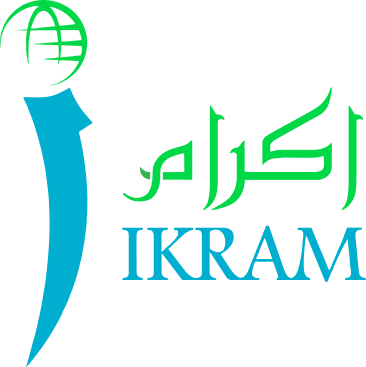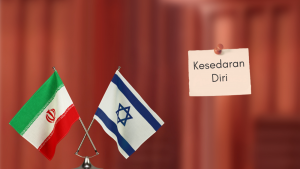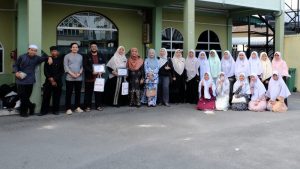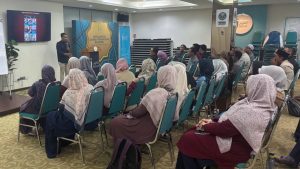While some believe that segregating and educating children according to race and religion is not healthy for multiracial Malaysia, parents and educators at such schools argue that they keep the young and impressionable away from extremist ideology, such as that espoused by groups like the Islamic State of Syria and Iraq (ISIS).
Students in some of these schools also have a relatively good command of English, mainly due to their family backgrounds, where English is widely spoken at home.
Another distinguishing factor was the high level of parent involvement, from raising funds to helping the teaching staff with school activities.
The Malaysian Insider visited two schools under the Muslim Youth Movement of Malaysia (Abim) and Pertubuhan Ikram Malaysia, after hearing about the popularity of private Islamic schools at a recent forum on private education.
Halimatul Mohamed, 48, said she chose to send her children to Sekolah Al-Amin in Gombak, Selangor, as she wanted them to have a balance in religious and academic education.
“This school has the balance, and as we went along, we fell in love with the system, where the parents and teachers cooperate to help the students excel,” she said in an interview.
Her friend, Zanariah Ibrahim, 52, agreed, saying it was better for their children to be in school for nine hours than to be in a government school where they would only spend half the day before to a different school for religious classes for another few hours.
“It’s tiring for them if they have to go up and down like that. This type of schools integrate both, and it is convenient for working parents,” she added.
Another parent, Rokiah Abdul Rahman, 58, said she had no regrets for her children and also hopes her grandchildren will attend a school like Al-Amin.
Rokiah, who attended the Malacca Girls High School, added that one trademark among students from private religious schools was they remained close knit even after growing up and getting married.
Halimatul agreed, adding that that there was also a close bond between parents and teachers, who would get together to undertake projects and activities.
“On weekends, we try to help teachers in whatever way we can.
“For instance when they have the SPM workshops and extra classes, we would provide the food, so that the teachers can concentrate on teaching,” said Halimatul, who studied in Main Convent, Ipoh.
Al-Amin secondary school principal, Norma Mohamad, said many parents were eager to send their kids here, but the school had to turn away at least half of them after an entrance exam.
Most parents were middle income earners, and just a few from the low-income category who were supported by the school’s fund for the underprivileged.
Norma said the school adhered to a strict timetable, requiring teachers to finish teaching the government syllabus by July, after which they would start their intensive revision classes.
“The whole school’s timetable is re-jigged from July to factor in the revision classes and we have activities planned almost every weekend, whether it’s extra classes or outdoor activities for students, leaning towards community service projects and nature-based activities such as mountain climbing.”
M
ost of their teachers looking after the school’s more 760 students were graduates from the International Islamic University (IIU), who were competent academically as well as knowledgeable in Islam, the principal said.
Apart from the education syllabus, students are also tested on Islamic knowledge at various stages, where the passing mark is set relatively high.
Date: 16 November 2015
Source: The Malaysian Insider
Link: http://bit.ly/1lqAy6i








